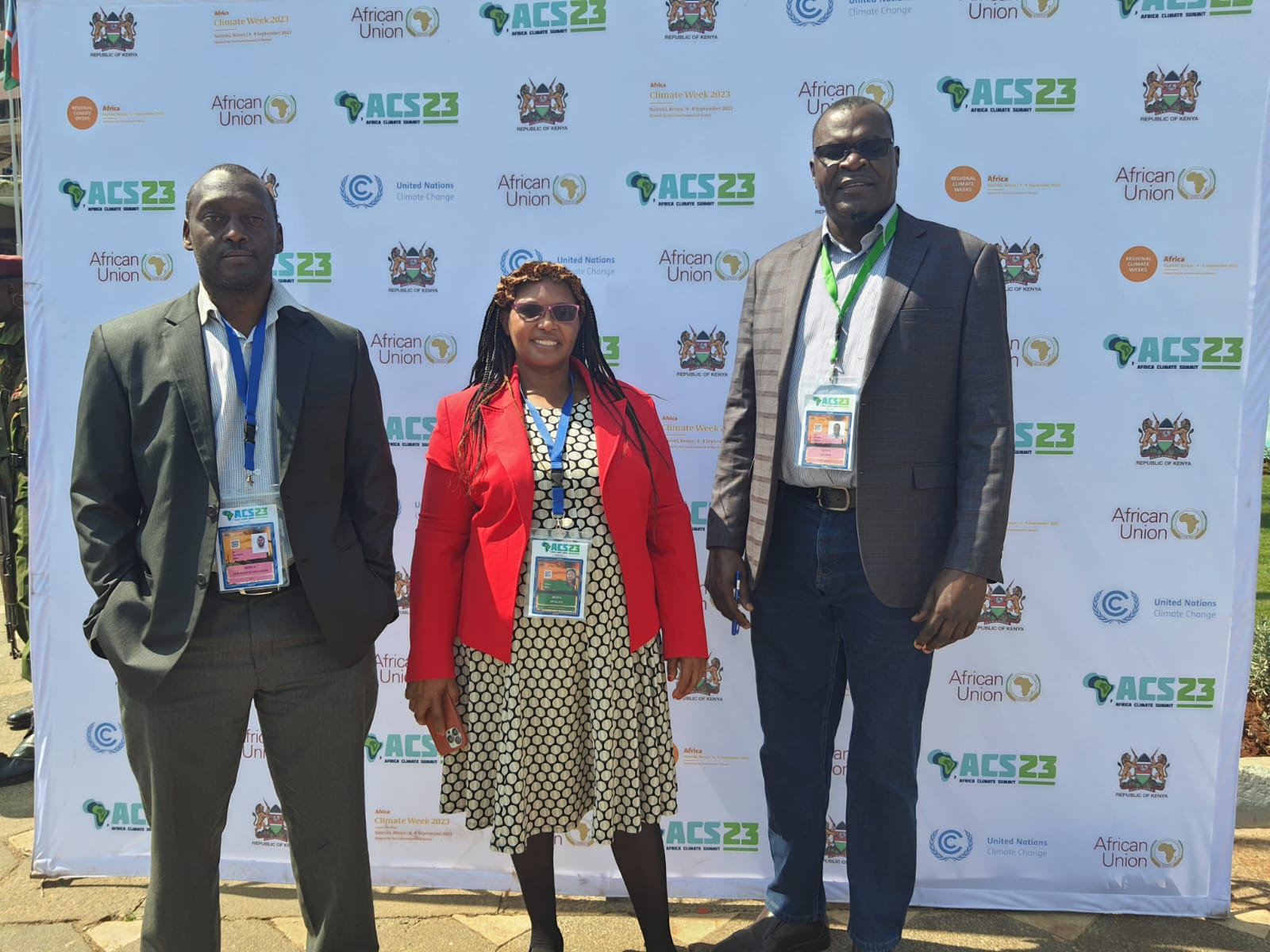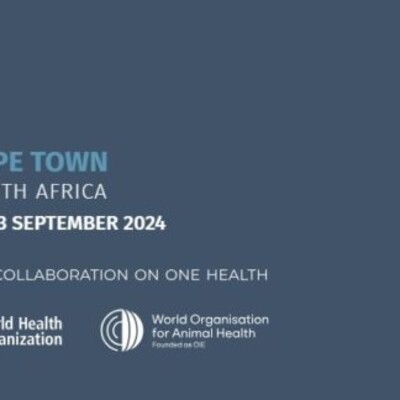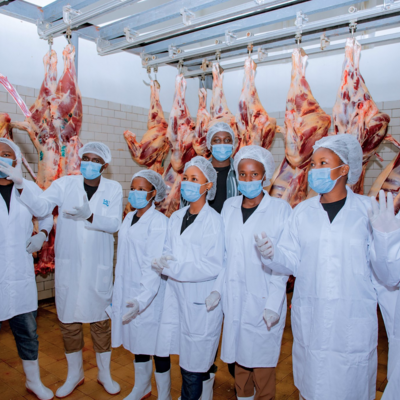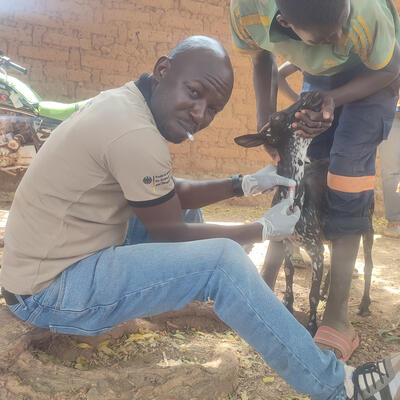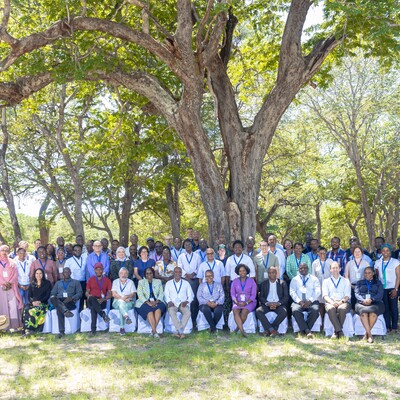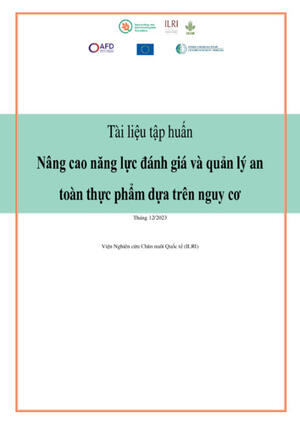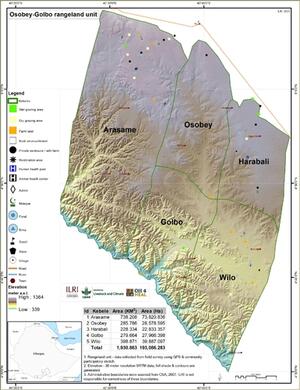
The impact of climate change on health and livelihoods of farming communities in Africa: A complex and integrated challenge
Bernard Bett, a senior scientist at the International Livestock Research Institute (ILRI) and panellist at the side event, said: ‘We are likely to see increased incidence of epidemics of climate-sensitive infectious diseases with global warming. Climate effects are generic and do not influence one disease at a time and therefore there is a need to understand that epidemics of climate-sensitive diseases may involve multiple diseases at any given time.’
Increased outbreaks of disease, especially zoonotic disease, not only affect the livestock but the farmers as well. This puts a strain on healthcare systems and diverts resources from priority national health concerns.
Naomie Mutie, a public health practitioner at the Kenya Ministry of Health, highlighted the lessons learned from the impact of COVID-19 on the country’s healthcare system. She emphasized the value of early warning systems with predictive capabilities for better preparedness.
The prediction of disease outbreaks is made possible through close collaboration with Kenya Meteorological Department which provides weekly, monthly and seasonal forecasts on changing weather patterns and expected climatic events that can have an impact on health. The Ministry of Health provides necessary public health measures by sending out alerts and advisories on expected climate-related infectious diseases.
Martin Barasa, regional head of programs at Vétérinaires Sans Frontières–Germany, emphasized that climate-sensitive diseases, some of which are zoonotic, not only contribute to a substantial disease burden in animal and human populations but also have a detrimental impact on the livelihoods of many communities in sub-Saharan Africa.
‘These diseases cause livestock asset losses through mortalities, reduce livestock productivity, reduce livestock products available in markets and reduce incomes as money is used for disease control and case management expenses,’ he said.
Climate-induced infectious and zoonotic diseases are likely to continue having an impact on the livestock sector, which contributes significantly to the gross domestic product of many African nations, unless investments in outbreak containment, disease control and international market access are prioritized.
‘It is imperative to adopt a One Health approach to address these pressing issues,’ said Daudi Dokata, a farmer from Isiolo County in Kenya, whose testimony highlighted the reliance of pastoralists on livestock for their livelihoods.






